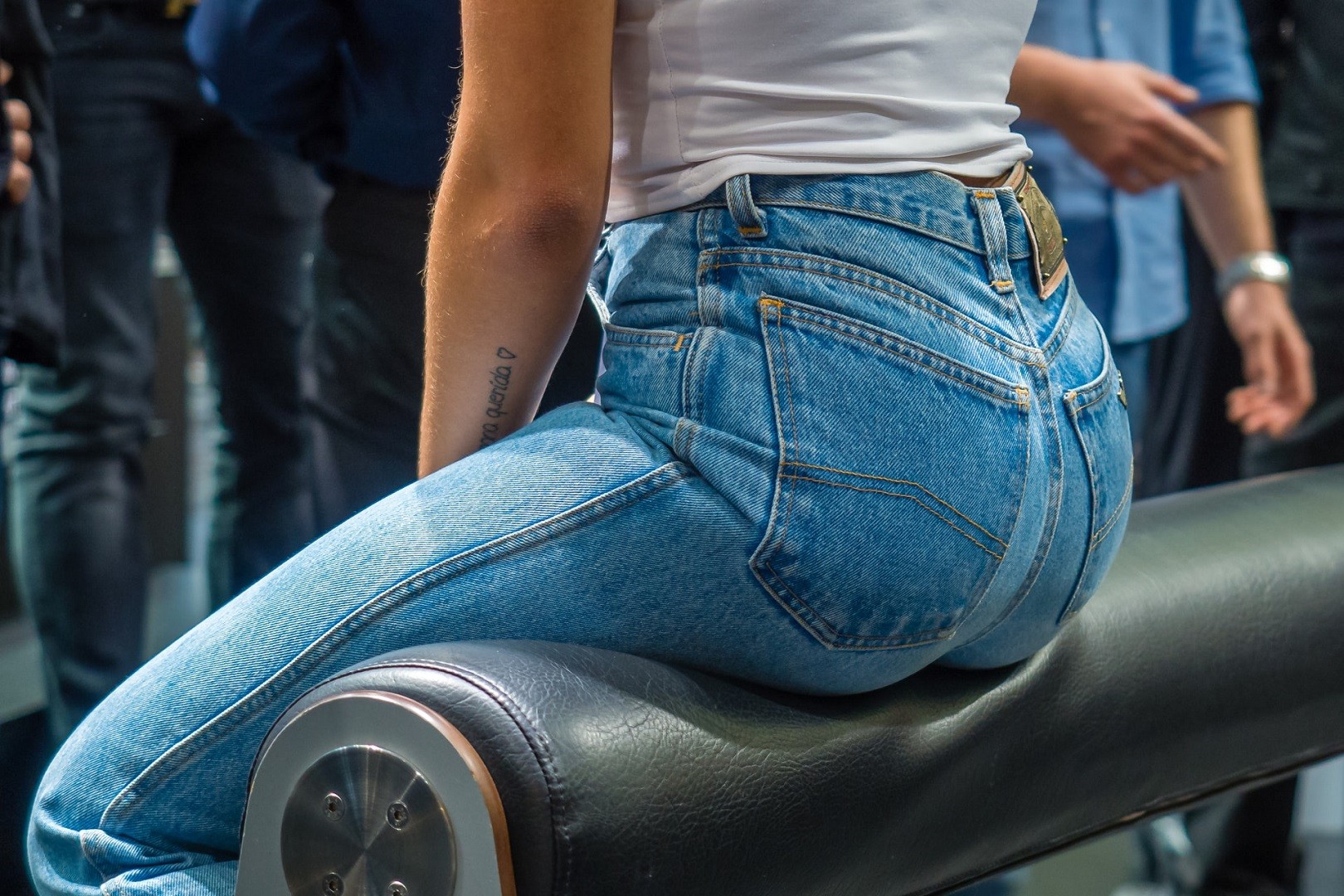
Haemorrhoids, or piles, are enlarged veins of the rectal/anal area that become dilated and swollen. These can occur internally, typically in your rectum, or externally around your anus. Haemorrhoids are very common in the adult population, with 50 per cent of people suffering with them at some time in their lives. Symptoms include rectal itching, a soft lump at the anal opening, small amounts of blood in your stool or pain/discomfort during bowel movements.
What Causes Hemorrhoids?
There are a number of reasons why we get haemorrhoids, including dietary, health and hereditary factors.The most common causes are:
- Constipation - the passing of hard, dry bowel motions (stools) puts constant strain and pressure on the rectal veins
- Pregnancy - hormonal changes and increased pressure by the growing foetus, make the veins susceptible to swelling
- Chronic venous insufficiency - haemorrhoids can be a sign of general weakness in the veins, which may be hereditary
- Standing or sitting for long periods of time - puts pressure on the veins
- Inflammatory bowel diseases - Ulcerative colitis or Crohn's disease may be the underlying cause of haemorrhoids in some people
- Not exercising enough - regular bowel movements are stimulated by exercise
- Smoking - smoking is linked with many diseases affecting the digestive system, whilst coughing increases intra-abdominal pressure
- Obesity - being overweight increases rectal vein pressure
- Aging - progressive weakening of the support structures in the rectal area
Traditional approaches
Topical creams, surgery and laser therapy are some of the modern medical treatments available for the treatment of haemorrhoids.
- Pain-relieving creams and ointments - these often contain an anaesthetic/steroid, some of which thin the skin, and may exacerbate the condition further.
- Rectal suppositories - these are designed to relieve swelling
- Surgery - including freezing or cutting off the haemorrhoids
- Laser therapy/infra-red light - destroys the haemorrhoid tissue and/or its blood supply
The Natural Way
Determining what is causing your haemorrhoids is the first step in choosing what natural treatment option is best. These range from changes in lifestyle to topical creams, teas and juices. Some common natural methods include:
- Adequate water intake - this will keep your stools soft and avoid you straining
- Exercise - regular exercise helps keep your bowel movements regular
- Cold packs - application to the affected area will help reduce the swelling of the veins
- Warm bath - the warm water can help provide temporary relief from swelling
- Avoid a diet high in processed foods - this contributes to irregular bowel movements and hard stools
- Increase your fibre intake via diet or supplements - many cereals, bread, grains, pulses, and vegetables are a good source of roughage in your diet, which will encourage regular bowel movements
- Bioflavonoids - a plant compound and antioxidant present in citrus fruits. These act together with Vitamin c to stabilize and strengthen blood vessels and maintain the thin walls of the capillaries, therefore preventing inflammation and bleeding. Also available as a supplement.
- Witch hazel cream - topical application acts as an astringent, decreasing the irritation and bleeding caused by haemorrhoids
- Butchers broom - taken as a tea or effective when applied topically as a cream, also with an astringent effect
- Horse chestnut - taken as a tea or in capsule form to relieve poor circulation and swelling
- Aloe juice - drinking the pure juice relieves itching and swelling
- Chamomile tea - in tea or topical cream form acts as a relaxant
- Calendula - in topical cream form acts as a relaxant
- Bidets - bidets can be a soothing alternative to using abrasive toilet paper on painful haemorrhoids
It is best to determine that you are in fact suffering from haemorrhoids and not another digestive disease with similar symptoms. If you believe that you are suffering from haemorrhoids see your doctor, naturopath or herbalist for diagnosis or help in relieving the symptoms and/or curing them.
Originally published on Apr 16, 2009








